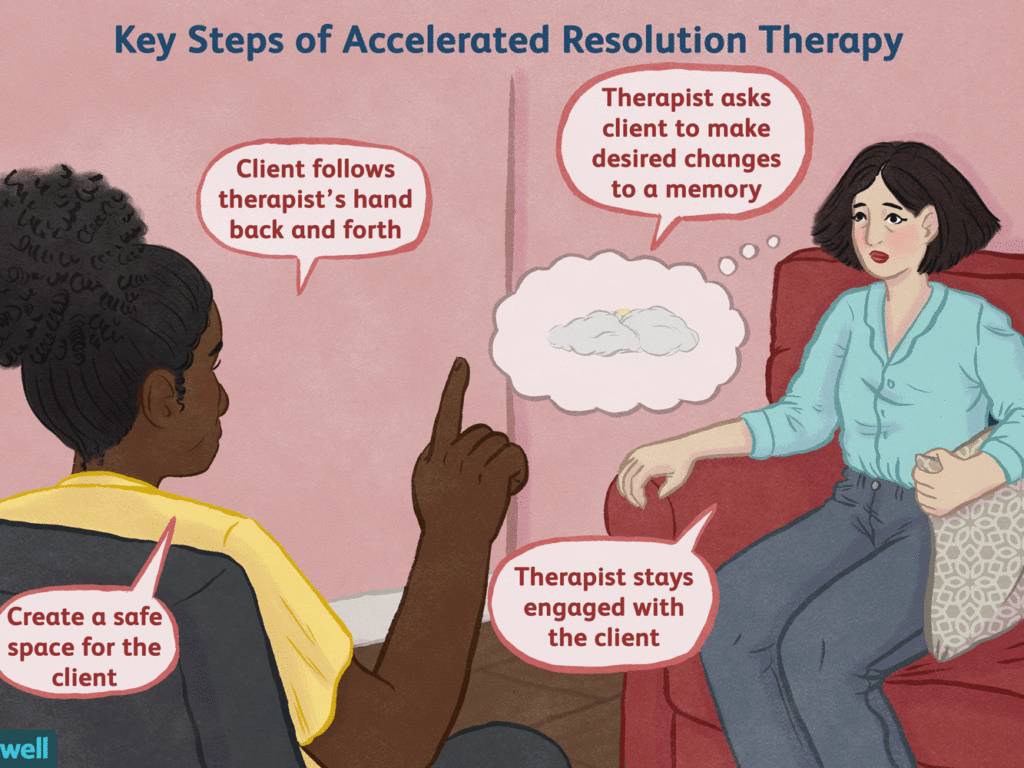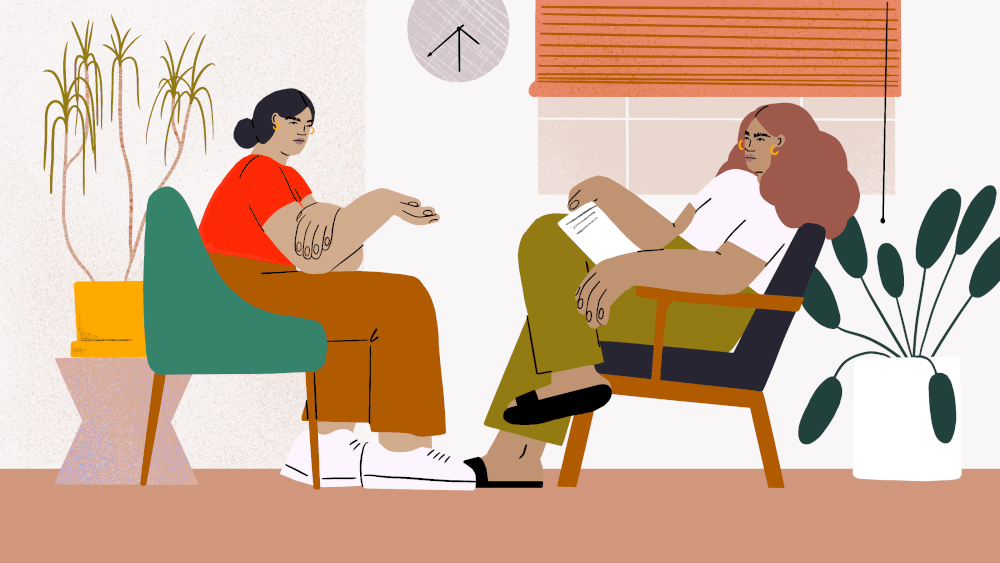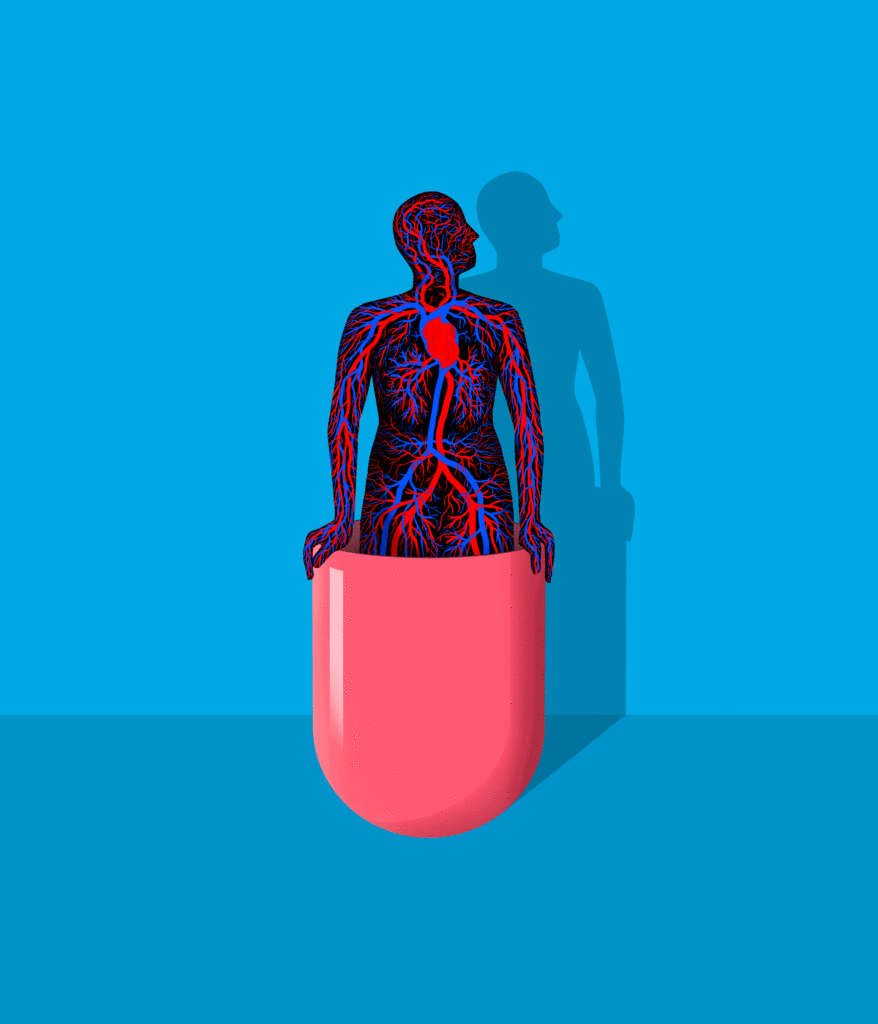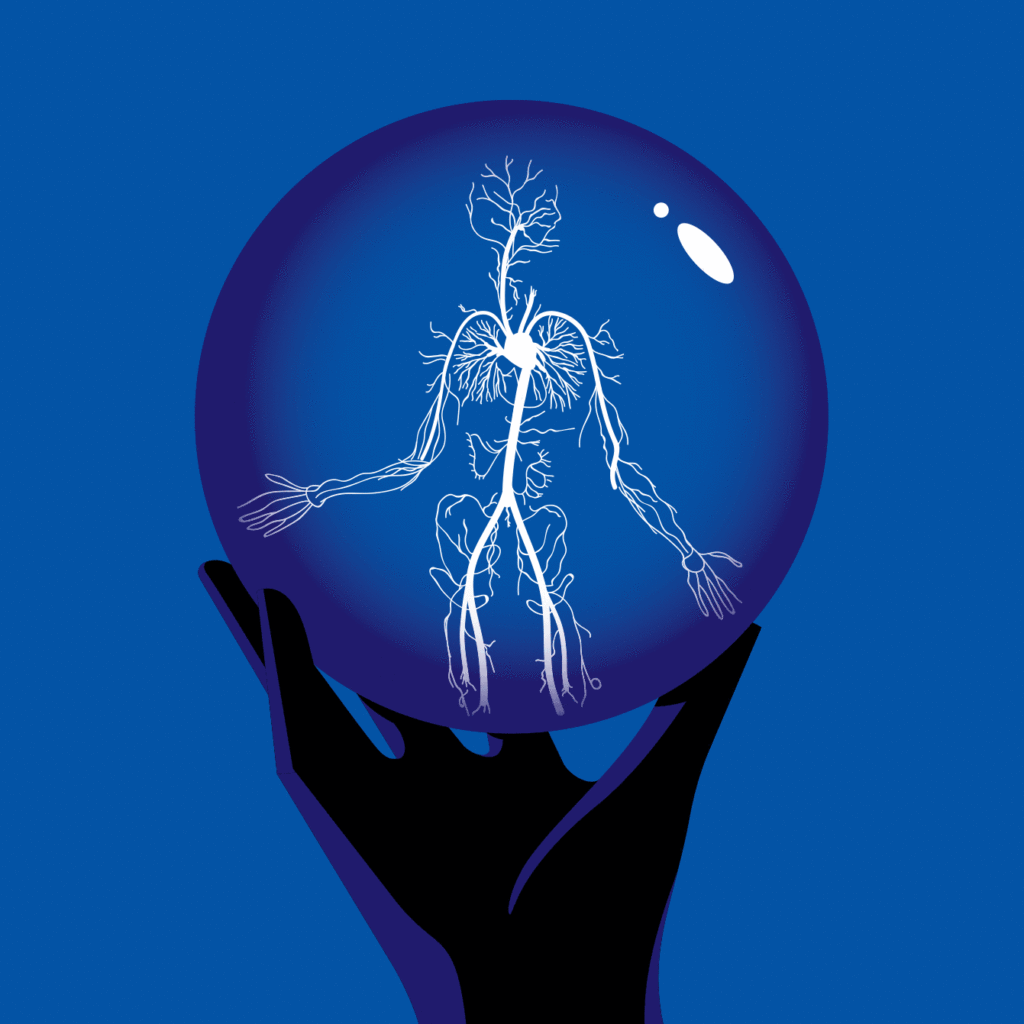It is very evident among teenagers to not take medical help even if they want to. Rather most kids only see a therapist when it is completely necessary and prescribed by a doctor. Many teens find talking to a therapist is like talking to an outsider and finds it very infuriating. Even when therapists try and console them to build a bond trust with their soothing trust, the teenagers often find it unreal and feel out of place. In a way, sitting in a closed room with a therapist talking about one’s own issues makes the young adults feel uncomfortable. The young adults have a hard time opening up and talking, answering the questions that they are being asked, and rather just choose to push aside the idea of therapy.

As emerging adults, teenagers often face trouble in managing various spheres together. They either face trouble in schools or in their homes. Some of their conflicts are also related to their hormonal changes or behavioral pattern. Sometimes it gets important for therapists to dig deep and understand the teenager’s character structure, these conflicts in the minds, and the different dynamics. Teenagers these days do not bother about these unconscious conflicts in their minds and think that it is okay to
have so. Taking treatments is not something they consider for themselves. They discard any treatment goals because of their minimal patience and consider it unnecessary.

Addressing your child’s mental health condition
In light of tour child’s needs, it is important to choose the right help they need initially. A therapist is not the only way out of all issues. Different individuals have different needs pertaining to their mental health, behavioral issues, and thoughts in their minds. A therapist shouldn’t be the only conclusive choice for your child’s health. It always starts with a better understanding of them and their needs. It is important to have an open mind to hear them out, especially when they talk about their troubles. The young adult’s only way for better mental health is to realize their feelings. This way with better treatment plans and with the help of the right professionals, it gets easier to focus on what they need without triggering their conditions further.

- Their anger and stress management: It is very evident among teenagers to go through overwhelming stress from time to time. Anger as strength of emotion may have worse situations for oneself and others. As a child, it is important to manage their anger so that they learn how to control their anger and behavior. This is one important factor to consider counseling to reduce adverse effects. There are even ways you can get your child to get relaxation and meditation training so that they feel better.
- Cognitive-behavioral therapy: Cognitive behavioral therapy also known as CBT, is a structured medical practice to discover what an individual feels or what exactly is affecting their behavior. This gets important among the youth of today’s generation as sometimes it gets difficult to find what is actually bothering them. This way even the parents can keep track of what is really affecting their child and if there’s any misconception in their mind which they might help their child in. CBT helps individuals suffering from anxiety, depression, sleeping and eating disorders, and other such factors.
- Creative therapies: Therapists are not just about talking. Creative therapies are related to art, music, writing, and other forms of relaxing art forms. These sought of psychotic therapy can help young adults recover from a longing sense of sadness or feelings of loneliness. These sought of creative therapies are even taken over by professionals to have a better understanding of your child when required.
- Family therapy: Sometimes your child’s emotional needs are not just about them but also about the family members related to them. Family therapists take care of the needs of a family collectively. They consider forecasting the family’s viewpoint to each other to develop better communication among them.
- Counseling: It is a traditional talking method where therapists talk in-person to help individuals cope better. It is not always counselors just advice, they do act as a good listener and help your child discover their needs while giving them a perspective.

Though it is hard taking today’s arrogant and restless youth for continuous therapy sessions, in a way it is really beneficial. Teenagers get frustrated too easily and thus need specialized care where they feel it is just for them. Today, therapies are no more restricted to just the old device of verbal communication, it has opened new windows for itself and today’s youth.
Related posts:
- The rising cause of teenage anxiety
- 13 Bollywood movies which include mental disorders Part-1
- 9 effects of an unhealthy home atmosphere on a child
- 10 Effects of unhealthy and toxic relationship on students
- 13 Bollywood movies which include mental disorders Part-2
- Student’s Mental Health
- What is mental health and why is important?
- 10 Mental Illness Signs Students Should Not Ignore




















